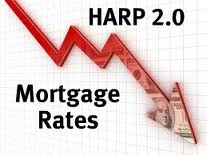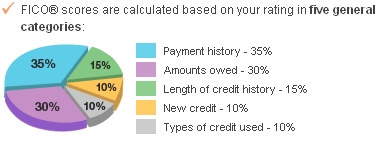FEDERAL GOVERNMENT AND STATE ATTORNEYS GENERAL REACH $25 BILLION AGREEMENT WITH FIVE LARGEST MORTGAGE SERVICERS TO ADDRESS MORTGAGE LOAN SERVICING AND FORECLOSURE ABUSES
$25 billion agreement provides homeowner relief & new protections, stops abuses
WASHINGTON–U.S. Attorney General Eric Holder, Department of Housing and Urban Development (HUD) Secretary Shaun Donovan, Iowa Attorney General Tom Miller and Colorado Attorney General John W. Suthers announced on 02/09/12 that the federal government and 49 state attorneys general have reached a landmark $25 billion agreement with the nation’s five largest mortgage servicers to address mortgage loan servicing and foreclosure abuses. The agreement provides substantial financial relief to homeowners and establishes significant new homeowner protections for the future…
To read this press release in its entirety, look below:
The Real Story behind the story
Foreclosure abuses? This is a complete overstep of the government, a very bad precedent, and a major reason why this country is going down hill fast.
Whatever the reason, I’m sorry you lost your home to foreclosure. I really am. But the bottom line is simply this. You signed a promissory note. You promised to pay back the home loan. Period. It didn’t say you promised to pay back unless... Unless, you lost a job, unless the house lost value, etc. Nowhere in the documents did it say the bank was required to write down your mortgage balance, nor agree to any sort of loan modification. The bank is a business. They took a financial risk giving you a loan because of your promise to pay it back.
The abuse? First a little background. When a lender forecloses on someone, they have to meet certain protection guidelines, including things as timely notice of impending action, etc. Ultimately, an officer of the company must sign off on the final foreclosure action, certifying the company has followed all required guidelines.
With the overwhelming new rush of foreclosures, the banks couldn’t keep up. So did they make a error. Yes. The banks did make a mistake. No doubt about it. But what they simply did is rubber stamp the foreclosure certification, and used people other than an officer of the company to sign the document.
The government, after receiving a lot of pressure from consumer groups, and people desperate to save their home, ended up forcing the banks to this $25 BILLION agreement. The agreement will PAY, YES PAY people who were foreclosed on $2000. Many of those still in their home will have their balance written down by an average of $20,000.
Really? Should maybe the banks get their hand slapped. Sure. But to the tune of $25 Billion? Of course not. The underlying issue shouldn’t be that banks had someone not authorized sign a document, it should be the fact that people (on average) were over two years behind on the payments, and we are now rewarding them.
Bad precedent… really bad!
——————- Full Press Release ——————-
Read more








